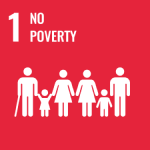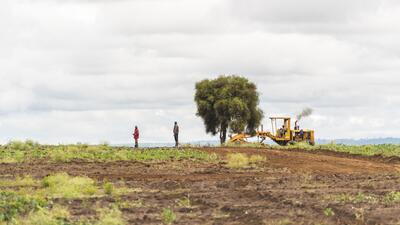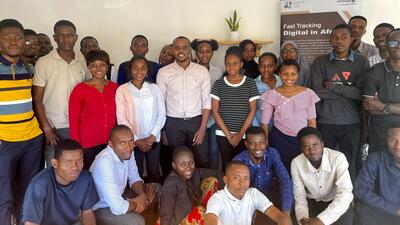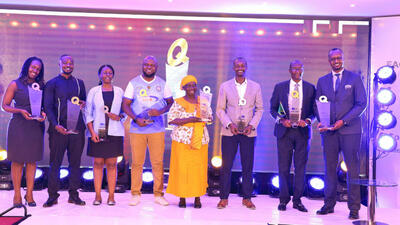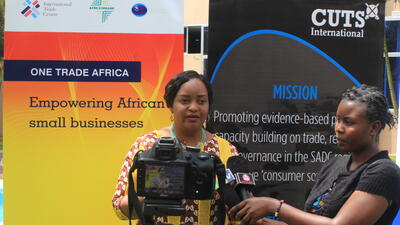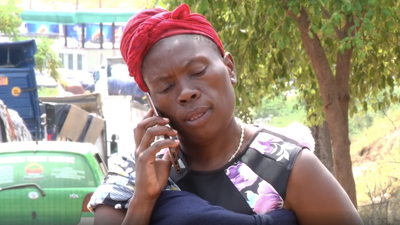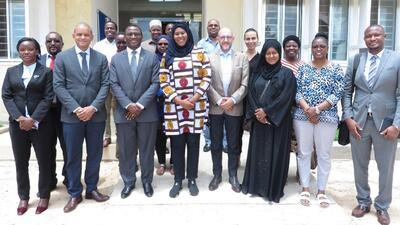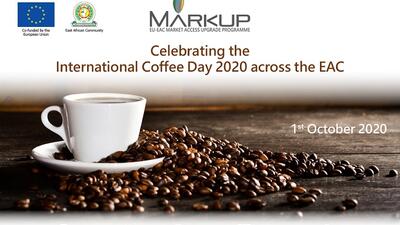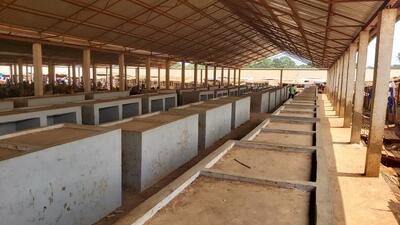Tanzania: Kigoma Joint Programme under UNDAP II
Overview
Summary
ITC jointly with 16 UN agencies within the framework of the Kigoma Joint Programme, will contribute to development of Kigoma Region in Tanzania.
There are six converging and cross-sectoral outcomes of sustainable energy and environment, youth and women’s economic empowerment, violence against women and children, agriculture with a focus on developing local markets, education with a focus on girls and adolescent girls and Water, Sanitation and Hygiene (WASH).
ITC is part of two Outcomes: Youth and women’s economic empowerment and Agriculture with a focus on developing local markets.
The JP will focus mainly on the 3 districts of Kasulu, Kibondo and Kakonko surrounding the three existing refugee camps, but will not exclude potential support to other districts.
The region of Kigoma is the poorest region in Tanzania according to the latest national household survey from 2012. The estimated poverty rate of Kigoma region is at 49%, considerably higher than even 2 and 3 on that list, Kagera (39%) and Singida (38%). It is also, together with Tanga, the only region that has experienced increased poverty rates when comparing the 2001 and 2012 household surveys, increasing from 38 to 49% (Tanga increased from 26-33%). All the other regions have experienced decreasing poverty rates. It also faces additional challenges being the largest receiver of refugees coming to Tanzania, both from Burundi and DRC and the numbers of refugees are currently increasing every day from both countries to the Kigoma region.
There is therefore the intention of the UN Country Management Team (UNCMT) to support not only the refugee population through the humanitarian response but also to increase the long-term development support to the host communities in the closest districts, to bridge the gap between humanitarian and development, and between refugees and the host communities.





